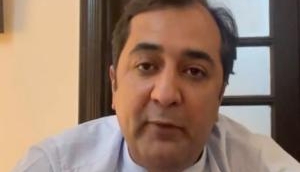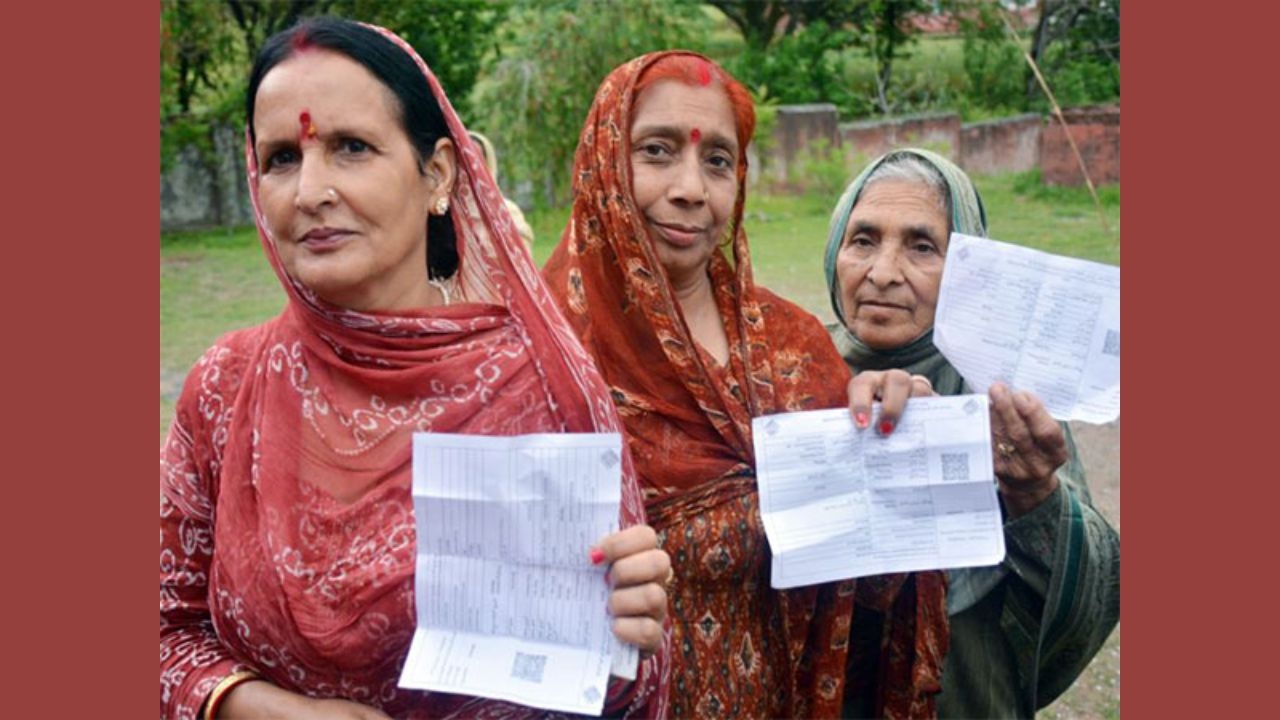Like Al Capone, here's how Nawaz Sharif got tripped up on a technicality
_74671_730x419-m.jpg)
It was tax evasion that finally convicted notorious Chicago gangster Al Capone. And it is UAE's labour laws that have spelled the end for Pakistan Prime Minister Nawaz Sharif.
A piece in Dawn by Zain Siddiqui points to the exact bit of evidence that led to the undoing of Sharif - "one key technicality emerging from a discovery the joint investigation team (JIT) had made in the UAE".
"In the report, the JIT said it had evidence directly from the UAE's Jebel Ali Free Zone Authority (Jafza), the concerned regulator, confirming that Nawaz Sharif not only served as chairman of the board of a Dubai-based company, he also drew a salary of 10,000 dirhams between Aug 7, 2006 and April 20, 2014 — till nearly a year after assuming office — but did not declare this in his nomination papers," he writes.
His counsel Khawaja Harris Ahmed, he adds, was forced to concede before the court that "the prime minister's younger son was the owner of Capital FZE and Sharif its chairman".
"The purpose of the arrangement, argued the counsel, was solely to secure an iqama — a UAE work visa — which would allow the prime minister easy access to the Gulf state 'in his years in exile'. But considering the fact that "UAE's labour laws mandate that all employees receive a salary through a bank account under the UAE's Wage Protection System (WPS), Sharif's fate was thus sealed."
As per the UAE law, if no record of a salary transfer to the bank is found, the employer is held liable not the employee.
All through the trial, Sharif denied taking any salary. But on 23 July, he admitted that he had been employed by Capital FZE. According to Ahmed, this fact had not been concealed by Ahmed. On the other hand, Khaleej Times was the first to break the story.
The bombshell
The 7,000-plus-word verdict of the Supreme Court all came down to this part of the judgement: “It has not been denied that respondent No. 1 being Chairman of the Board of Capital FZE was entitled to salary, therefore, the statement that he did not withdraw the salary would not prevent the un-withdrawn salary from being receivable, hence an asset. When the un-withdrawn salary as being receivable is an asset it was required to be disclosed by respondent No. 1 in his nomination papers for the Elections of 2013 in terms of Section 12(2)(f) of the ROPA. Where respondent No. 1 did not disclose his aforesaid assets, it would amount to furnishing a false declaration on solemn affirmation in violation of the law mentioned above, therefore, he is not honest in terms of Section 99(1)(f) of the ROPA and Article 62(1)(f) of the Constitution of the Islamic Republic of Pakistan.”
The SC disqualfied Nawaz Sharif from Parliament & thereby from the post of PM solely because he failed to disclose income from Capital FZE pic.twitter.com/u6dXpBM2kw
— omar r quraishi (@omar_quraishi) July 28, 2017
Under Article 62(1)(f) of the Constitution, a person cannot be qualified as member of the national or provincial legislatures, if he is not ‘Sadiq and Ameen’ – truthful and trustworthy. Sharif is the first prime minster to have been disqualified under this law.
More so, the court delved into exactly what "receivables" and "asset" mean by looking them up in Black’s Law Dictionary. Siddiqui writes: "Since the word 'asset' was not defined in the ROPA, the court relied on Black’s Law Dictionary to ascertain its meaning, finding that it includes:
(i) something physical such as cash, machinery, inventory, land and building
(ii) an enforceable claim against others such as accounts receivable
(iii) rights such as copyright, patent trademark etc
(iv) an assumption such as goodwill"
"The definition of the word 'receivable' as used in the above mentioned definition as given in the Black’s Law Dictionary is also relevant, which means [...] 'any collectible whether or not it is currently due'," all five judges agreed.
So when it comes down to it, Sharif could have walked away scot free only if his 10,000 dirham salary had been declared.
First published: 28 July 2017, 19:54 IST






![BJP's Kapil Mishra recreates Shankar Mahadevan’s ‘Breathless’ song to highlight Delhi pollution [WATCH] BJP's Kapil Mishra recreates Shankar Mahadevan’s ‘Breathless’ song to highlight Delhi pollution [WATCH]](http://images.catchnews.com/upload/2022/11/03/kapil-mishra_240884_300x172.png)

![Anupam Kher shares pictures of his toned body on 67th birthday [MUST SEE] Anupam Kher shares pictures of his toned body on 67th birthday [MUST SEE]](http://images.catchnews.com/upload/2022/03/07/Anupam_kher_231145_300x172.jpg)






